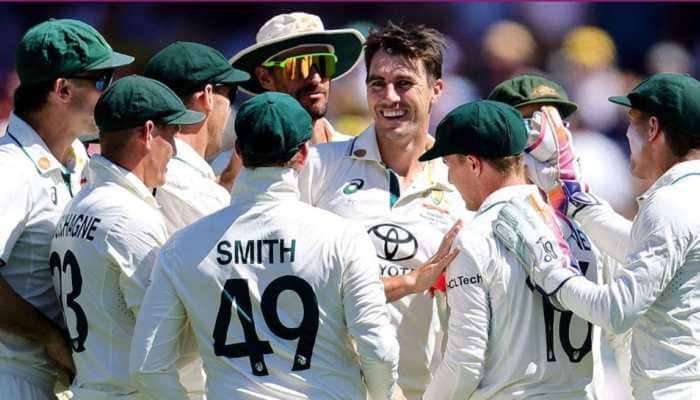MPs, MLAs will be disqualified on date of conviction: SC
In a landmark judgement that may lead to decriminalisation of politics, the Supreme Court today struck down a provision in the electoral law that protects a convicted lawmaker from disqualification on the ground of pendency of appeal in higher courts.
Trending Photos
)
New Delhi: In a landmark judgement that may lead to decriminalisation of politics, the Supreme Court today struck down a provision in the electoral law that protects a convicted lawmaker from disqualification on the ground of pendency of appeal in higher courts.
The apex court also made it clear that MPs, MLAs and MLCs would stand disqualified on the date of conviction.
The court said Parliament has exceeded its powers by enacting the provision (Section 8(4) of the Representation of Peoples Act) that gives a convicted lawmaker the power to remain in office on the ground that appeals have been filed and pending.
The bench of justices A K Patnaik and S J Mukhopadhaya, in its 41-page verdict, however, clarified that convicted lawmakers, whose appeals are pending prior to pronouncement of today`s verdict, are "saved" and as it would come into effect prospectively.
The court discussed Article 101(3)(a) and 190(3)(a) of the Constitution that deal with the issue of disqualification of MPs of either House of Parliament and MLA and MLCs of the Legislative Assembly or Legislative Council of State respectively.
"We also hold that the provisions of Article 101(3)(a) and 190(3)(a) of the Constitution expressly prohibit Parliament to defer the date from which the disqualification will come into effect in case of a sitting member of Parliament or a State Legislature.
"Parliament, therefore, has exceeded its powers conferred by the Constitution in enacting sub-section (4) of Section 8 of the (RP) Act and accordingly sub-section (4) of Section 8 of the Act is ultra vires to the Constitution," it said.
It said as "Parliament had no power to enact sub-section (4) of Section 8 of the Act" and hence, it would not deal with other issues raised in the two PILs filed by a lawyer Lily Thomas and NGO Lok Prahari.
The PILs had sought striking down of this provision on the ground that they violate certain constitutional provisions which, among other things, expressly put a bar on criminals getting registered as voters or becoming MPs or MLAs.
It said, "Sitting members of Parliament and State Legislature who have already been convicted for any of the offences mentioned in sub-section (1), (2) and (3) of Section 8 of the Act and who have filed appeals or revisions which are pending and are accordingly saved from the disqualifications by virtue of sub-section (4) of Section 8 of the Act should not, in our considered opinion, be affected by the declaration now made by us in this judgement.
"This is because the knowledge that sitting members of Parliament or State Legislatures will no longer be protected by sub-section (4) of Section 8 of the Act will be acquired by all concerned only on the date this judgement is pronounced by this Court."
It, however, said that if any sitting MPs, MLAs of MLCs are convicted after the pronouncement of this verdict "his membership of Parliament or the State Legislature, as the case may be, will not be saved by subsection (4) of Section 8 of the Act which we have by this judgement declared as ultra vires the Constitution notwithstanding that he files the appeal or revision against the conviction and /or sentence."
The verdict seeks to remove the discrimination between an ordinary individual and an elected lawmaker who enjoys protection under the RP Act.
The court rejected the plea that lawmakers may suffer "frivolous convictions" and hence, the legal protection against disqualification was needed.
The bench said the constitutional provisions expressly prohibited Parliament from enacting such clause in the RP Act "which carves out a saving" in the case convictions of a lawmaker.
Section 8 of the RP Act deals with the issue of disqualification of lawmakers in the event of convictions for certain offences that entail imprisonment for not less than two years.
The following sub-section 8(4), which has been struck down, says a lawmaker cannot be disqualified for three months from the conviction and if in that period he or she files an appeal against till its disposal by a higher court.
PTI
Stay informed on all the latest news, real-time breaking news updates, and follow all the important headlines in india news and world News on Zee News.
Advertisement
Live Tv
Advertisement







)
)
)
)
)
)
)
)
)
)
